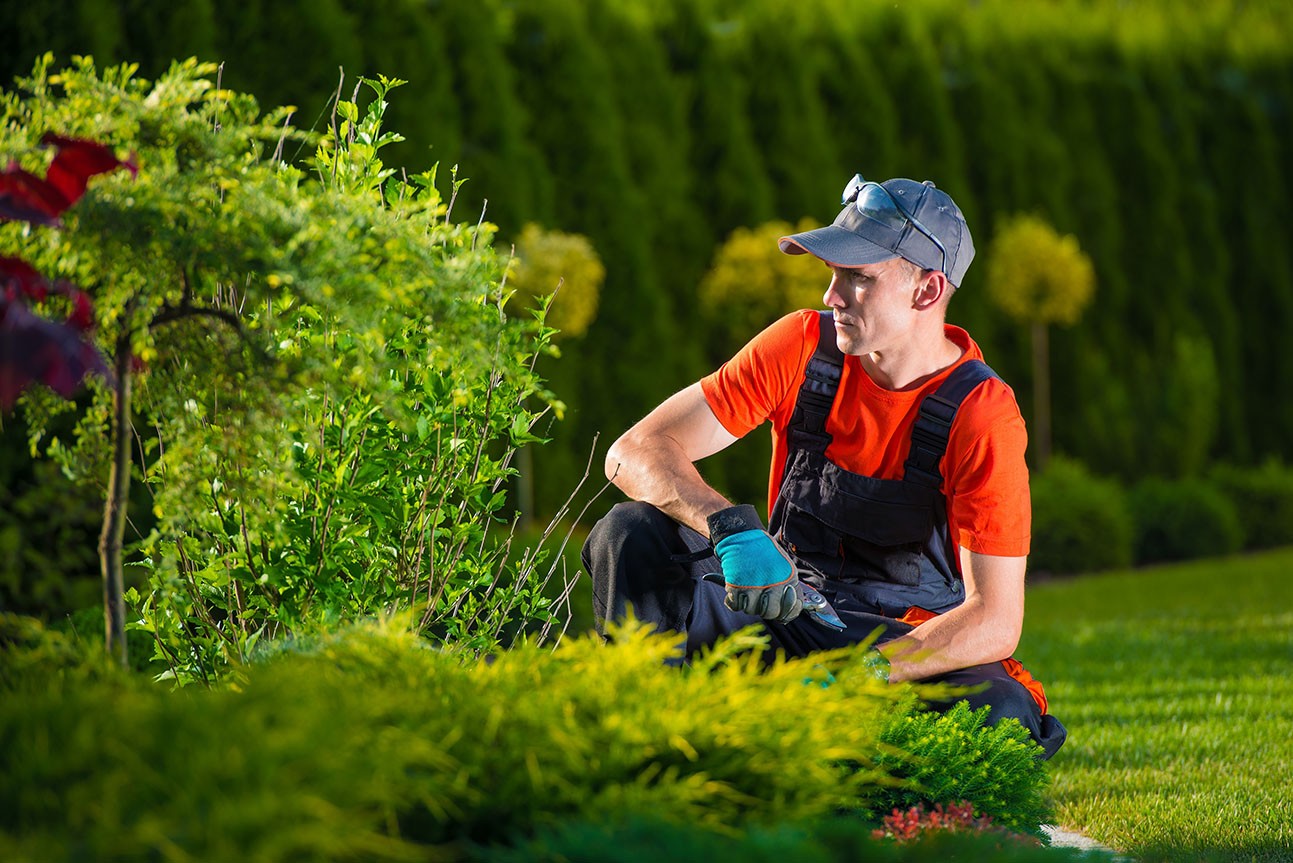
Advertisement
(Homesteading.news) Natural pest control is actually less expensive than using pesticides, and it’s safer for your garden, your family, wildlife and the environment. Each year North American homeowners use a staggering 136 million pounds of pesticides on lawns, gardens and inside their homes. The shocking reality is that homeowners use about three times the amount of pesticides as farmers. Most wildlife pest poisonings and most of the water contamination from pesticides actually comes from residential homes.
The best way to prevent insect damage in your garden is to discourage them from coming in the first place. A healthy garden is the best defense.
Garden pest control: prevention tips
- Weed out any weak or infected plants. Pull the plant and dispose of it away from the garden area.
- Use Seaweed mulch. Seaweed contains trace elements including iron, zinc, calcium, sulfur and magnesium, which grows healthier, sturdier plants. Seaweed mulch also repels slugs.
- Minimize the possible insect habitat. Clear your garden area of any debris and weeds as these attract insects and allow a perfect place for insects to breed. Use clean mulch.
- Water early in the morning so plants will be dry for most of the day. Wet leaves may attract insects and can result in fungal damage to your plants.
- If you’ve been working with infested plants, clean your tools, garden gloves and shoes before moving on to other garden areas. This will reduce the spread of unwanted pests.
Natural DIY pest control
Homemade remedies are inexpensive and you know what is going into your garden. Many homemade sprays have been successful in ridding gardens of unwanted pests. Here are a few simple solutions.
Mites and Aphids: Mix one tablespoon olive oil and a few drops of mild non-toxic dish soap into a quart of water. Place in a spray bottle and shake well. Spray plant from above down, and from below up to get the underside of the leaves. The oil smothers the insects.

Grubs: Get milky spore granules and spread on the soil. This causes the grubs to contract a disease that kills them. This natural method only kills the grubs but doesn’t harm other beneficial bugs. One treatment lasts for up to 40 years!
Slugs and snails: Sprinkle diatomaceous earth over plants and along the edges of your garden. The small earth particles are sharp and can destroy insects, slugs and snails outer shells.
Pests: Coffee has a strong odor which repels insects and animals. You can put grounds around plants in a circle to repel ants, slugs and rodents. Small amounts of coffee grounds can be added directly to top soil. Coffee is high in minerals which is another reason to add to your gardening arsenal. The one exception is that coffee isn’t a good mix with tomatoe plants.
Mosquitoes: Thai lemongrass is a great mosquito repellent. It contains the natural oil citronella. You can buy Thai lemongrass plants or grow them yourself, and they are pretty hardy. To use one as a mosquito repellent, break the stalk and peel away the outer leaves to get to the pulp. Rub the pulp over exposed skin. You can also add it to a spray bottle with alcohol for spray applications. Lemongrass plants around the patio will also help repel mosquitoes.
DIY recipe: garlic pepper insect spray
- Chop, grind, or puree one garlic bulb and one small onion.
- Add 1 teaspoon of powdered cayenne pepper and mix with 1 quart of water.
- Let it soak for one hour, strain through cheesecloth and add 1 tablespoon of olive oil to the strained liquid. Mix well. The olive oil coats larvae or eggs and smothers them.
- Spray your plants thoroughly, including leaf undersides.
- Store the mixture for up to one week in the refrigerator.
Note: The mixture can cause skin and eye irritation. Use gardening gloves and spray away from eyes and nose.
Reporting by Sandy J. Duncan, NaturalNews.com.
Homesteading.news is part of the USA Features Media network. Check out our daily headlines here.
Submit a correction >>
Advertisement
Advertisements















